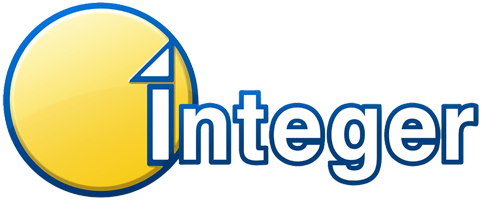Apprentices will have a varied blended teaching and learning approach, alongside an E-Portfolio to record their achievements within the following:
Theme 1: Health and well-being
Support healthy lifestyles for children through the provision of food and nutrition
Promote healthy lifestyles for children through exercise
Support physical care routines for children
Promote children’s emotional well-
Understand how to support children who are unwell
Theme. 2: Legislation, frameworks, and professional practice
Understand legislation relating to the safeguarding, protection, and welfare of children
Use legislation relating to the health and safety of
Follow legislation relating to equality, diversity, and inclusive practice
Working in partnership
Theme 3: Play, development, and learning for school readiness
Understand the value of play in early years
Plan, lead, and review play opportunities that support children’s learning and development
Promote enabling play environments
Developing children’s emergent literacy skills
Developing children’s emergent mathematical skills
Support children’s transition to school
Develop children’s cognitive skills
Promote children’s speech, language, and communication
Promoting children’s physical development
Promoting children’s personal, social and emotional development
Support children with additional needs
Use observation, assessment, and planning to promote the development of children
Use longitudinal studies to observe, assess and plan for children’s needs
Theme,4: Professional Development
Engage in professional development

